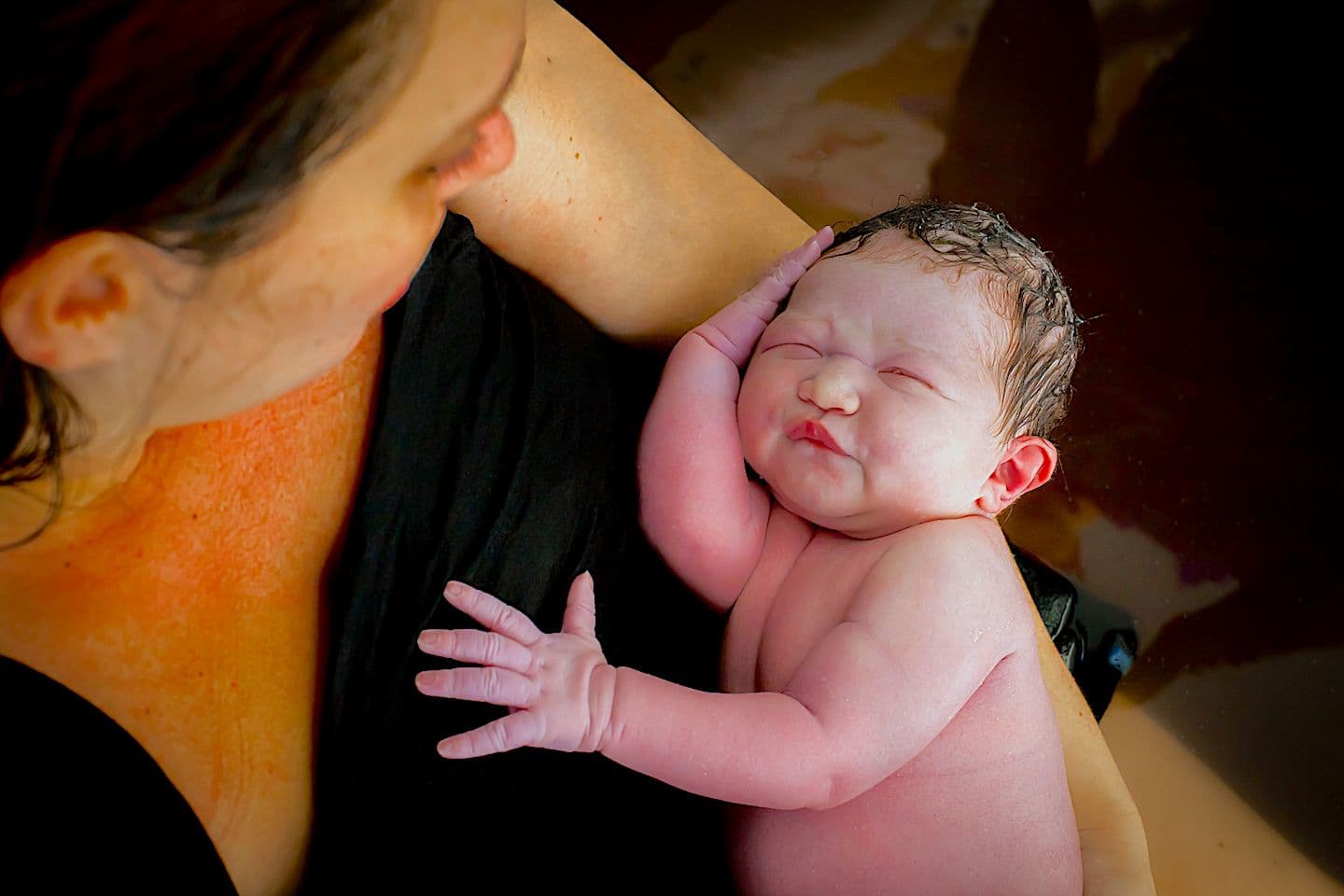Autism Symptoms Affected by Birth Timing
Women's Health News
Obie Editorial Team
 It appears that birth timing plays an important factor in autism symptoms, according to a study published in the Journal of Autism and Development Disorders. A researcher at Michigan State University has revealed a connection between pre-term and post-term delivery and certain autism symptoms. At the heart of the study was self-injury, an extreme symptom of autism. When children are born significantly before or after their due date, they are at increased risk of self-injury compared with children born on or very near their due date. As is the case with so many autism studies, researchers have no idea why there is a link between self-injury and pregnancy, but the link is definitely there.
It appears that birth timing plays an important factor in autism symptoms, according to a study published in the Journal of Autism and Development Disorders. A researcher at Michigan State University has revealed a connection between pre-term and post-term delivery and certain autism symptoms. At the heart of the study was self-injury, an extreme symptom of autism. When children are born significantly before or after their due date, they are at increased risk of self-injury compared with children born on or very near their due date. As is the case with so many autism studies, researchers have no idea why there is a link between self-injury and pregnancy, but the link is definitely there.
Slightly more than 4,000 mothers with children ranging in age from 4 to 21 were included in the study. Information was collected between 2006 and 2009 by John’s Hopkins University. Children were broken into four groups – up to 34 weeks gestation, 34 to 37 weeks gestation, 37 to 42 weeks gestation and more than 42 weeks gestation.
According to questionnaires, children born outside of the full-term range of 37 to 42 weeks were more likely to suffer extreme symptoms of autism-like self-injury. Researchers are unsure why this happens, but they think the results of the study point toward something other than genetics at play in the development of autism.
“The findings point to the fact that although autism has a strong genetic component, something about pregnancy or the perinatal period may affect how autism manifests,” offered Nigel Paneth, one of the authors working on the study.
Researchers continue to look for a definitive cause or at least a set of definitive precursors that contribute to autism. If such a list of precursors was found, doctors could work toward preventing some cases of autism.
Source: Tammy Movsas, et al. Michigan State University – Journal of Autism and Development Disorders. 6 April, 2012.
Read More









